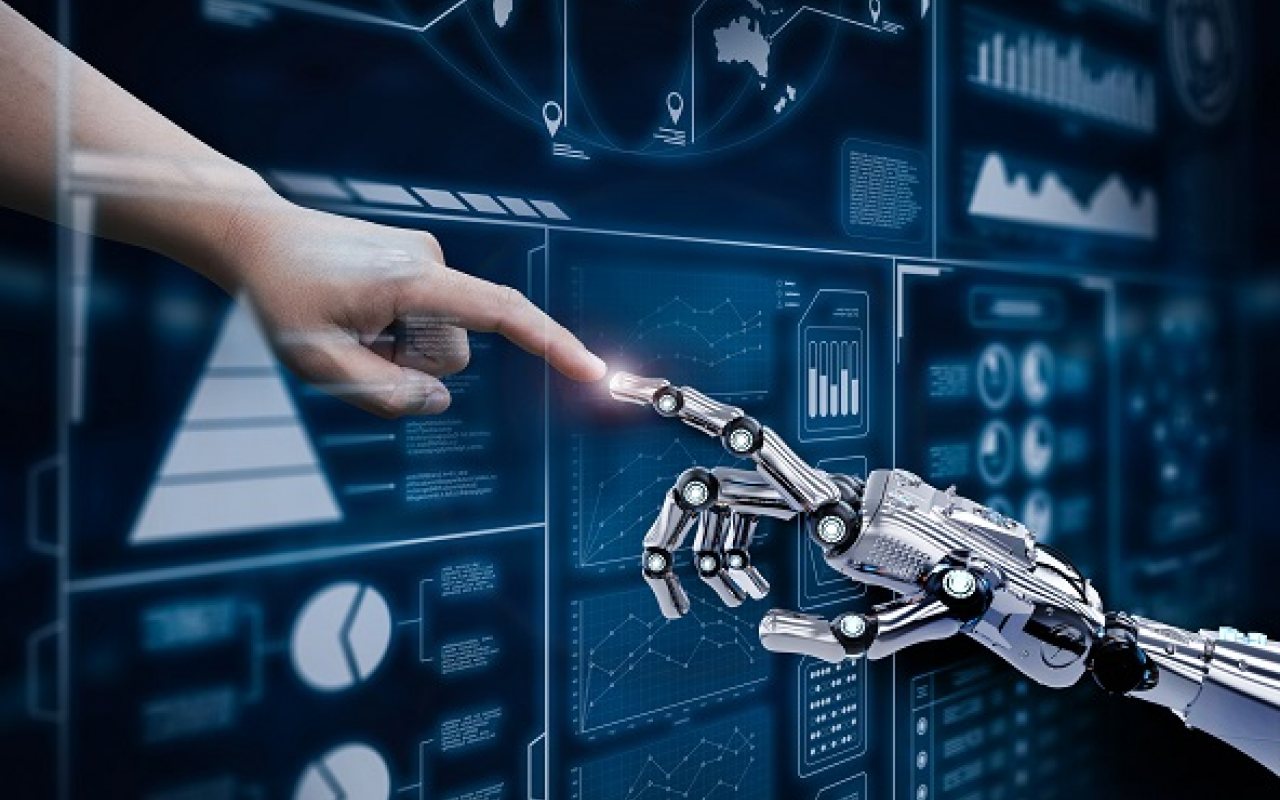In recent years, the healthcare industry has witnessed a transformative revolution, thanks to the integration of artificial intelligence (AI). From improving patient care and diagnostics to streamlining administrative tasks, AI has become a game-changer. In this article, we’ll explore the profound impact of AI in healthcare and the key areas where it’s making a difference. 10Desires.org Health
The Role of AI in Healthcare
Artificial intelligence is a branch of computer science that involves the development of computer systems capable of performing tasks that typically require human intelligence. In healthcare, AI is harnessed to process and analyze vast amounts of medical data, make predictions, and assist in clinical decision-making.
1. Medical Imaging and Diagnostics
One of the most prominent applications of AI in healthcare is medical imaging. AI algorithms can analyze X-rays, MRIs, and CT scans to detect abnormalities, tumors, and fractures. This technology significantly speeds up the diagnostic process, reduces human error, and enhances the accuracy of diagnoses.
2. Personalized Medicine
AI enables the development of personalized treatment plans based on a patient’s genetic makeup, medical history, and other relevant data. These tailored treatments are more effective and have fewer side effects, representing a significant advancement in the field of healthcare.
3. Predictive Analytics
AI-driven predictive analytics can anticipate disease outbreaks and help allocate resources efficiently. It is invaluable in managing public health crises, such as the recent COVID-19 pandemic, by tracking the spread of the virus and providing early warnings.
4. Administrative Efficiency
Healthcare facilities are employing AI for administrative tasks like billing, appointment scheduling, and managing patient records. These applications streamline operations, reduce paperwork, and free up staff to focus on patient care.
5. Drug Discovery and Development
AI accelerates drug discovery by simulating molecular interactions, identifying potential drug candidates, and predicting their efficacy. This speeds up the process of bringing new drugs to market, potentially saving lives and reducing healthcare costs.
6. Remote Monitoring and Telemedicine
The rise of telemedicine is aided by AI. Remote patient monitoring devices and AI-driven health apps enable individuals to manage chronic conditions from the comfort of their homes. Healthcare providers can also conduct virtual consultations, expanding access to care.
The Benefits of AI in Healthcare
The integration of AI into healthcare offers numerous benefits, both for patients and healthcare professionals:
1. Enhanced Diagnostics
AI’s ability to process and analyze medical images and data with high accuracy leads to earlier and more precise diagnoses. This can be a matter of life and death in conditions like cancer.
2. Improved Treatment Plans
Personalized medicine, driven by AI, ensures that treatment plans are tailored to an individual’s unique characteristics. This minimizes adverse effects and increases the likelihood of treatment success.
3. Cost Savings
By automating administrative tasks and optimizing resource allocation, AI can reduce healthcare costs. Patients, providers, and payers all benefit from the potential cost savings.
4. Accessibility and Convenience
Telemedicine, powered by AI, makes healthcare more accessible to remote and underserved populations. Patients can consult with specialists without the need for travel, reducing the burden on the healthcare system.
5. Public Health Surveillance
AI’s ability to analyze data in real-time allows for early detection of disease outbreaks and the efficient allocation of resources to areas in need. This is particularly crucial in managing epidemics and pandemics.
Ethical and Privacy Considerations
While the advantages of AI in healthcare are significant, it also brings up ethical and privacy concerns. Protecting patient data and ensuring that AI algorithms are transparent, unbiased, and ethically sound are essential. Regulations, such as the Health Insurance Portability and Accountability Act (HIPAA), are in place to safeguard patient information and maintain ethical standards.
The Future of AI in Healthcare
The future of AI in healthcare is exceedingly promising. AI will continue to evolve and impact various aspects of healthcare:
1. Early Disease Detection
AI algorithms will become even more accurate at detecting diseases at their earliest stages, enabling more effective treatments.
2. Drug Discovery
AI will accelerate the drug discovery process, leading to the development of more targeted and effective medications.
3. Virtual Health Assistants
AI-powered virtual assistants will provide personalized health advice and monitor chronic conditions in real-time.
4. Precision Medicine
As genomic data becomes more accessible, AI will play an even more significant role in tailoring treatments to an individual’s genetic makeup.
5. Public Health Preparedness
AI will continue to be vital in managing public health crises by predicting outbreaks, tracking the spread of diseases, and guiding public health responses.
In conclusion, the integration of AI in healthcare is transforming the industry, offering significant benefits to patients and healthcare providers. From improved diagnostics and treatment plans to streamlined administrative tasks, AI’s impact on healthcare is profound. While ethical and privacy concerns must be addressed, the future of AI in healthcare holds immense promise, and its continued development is poised to revolutionize patient care and the healthcare industry as a whole.





